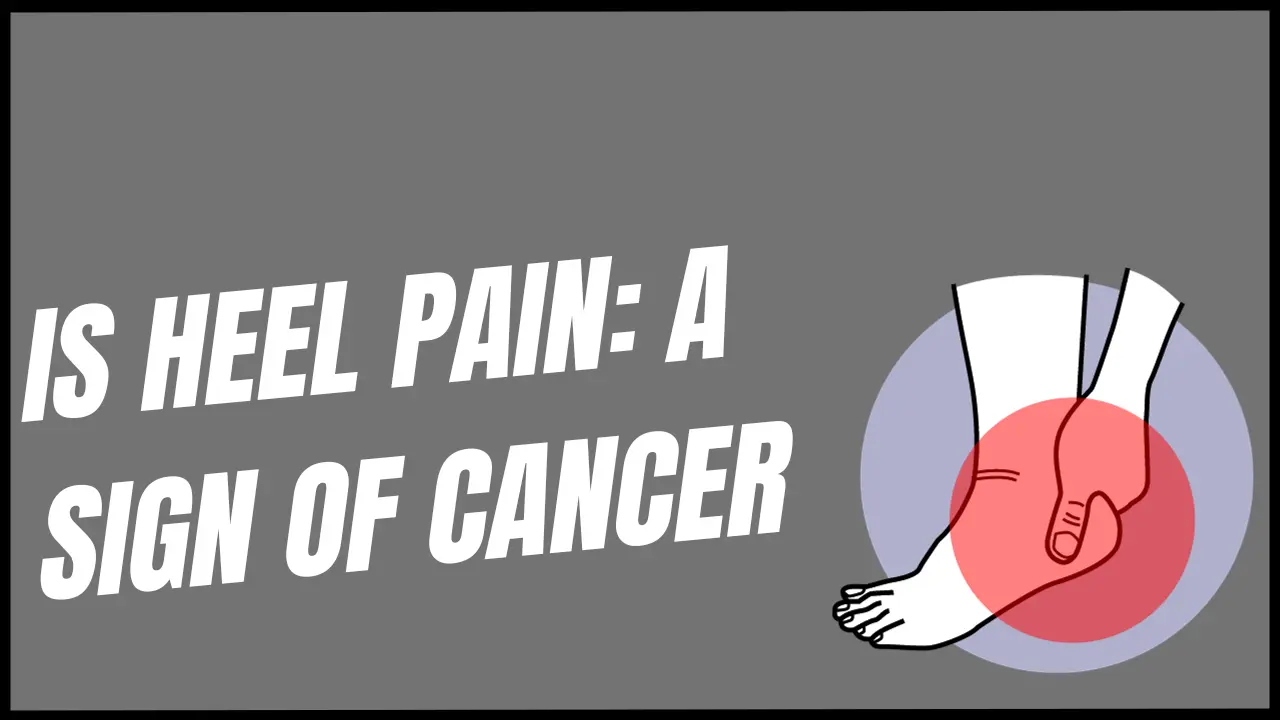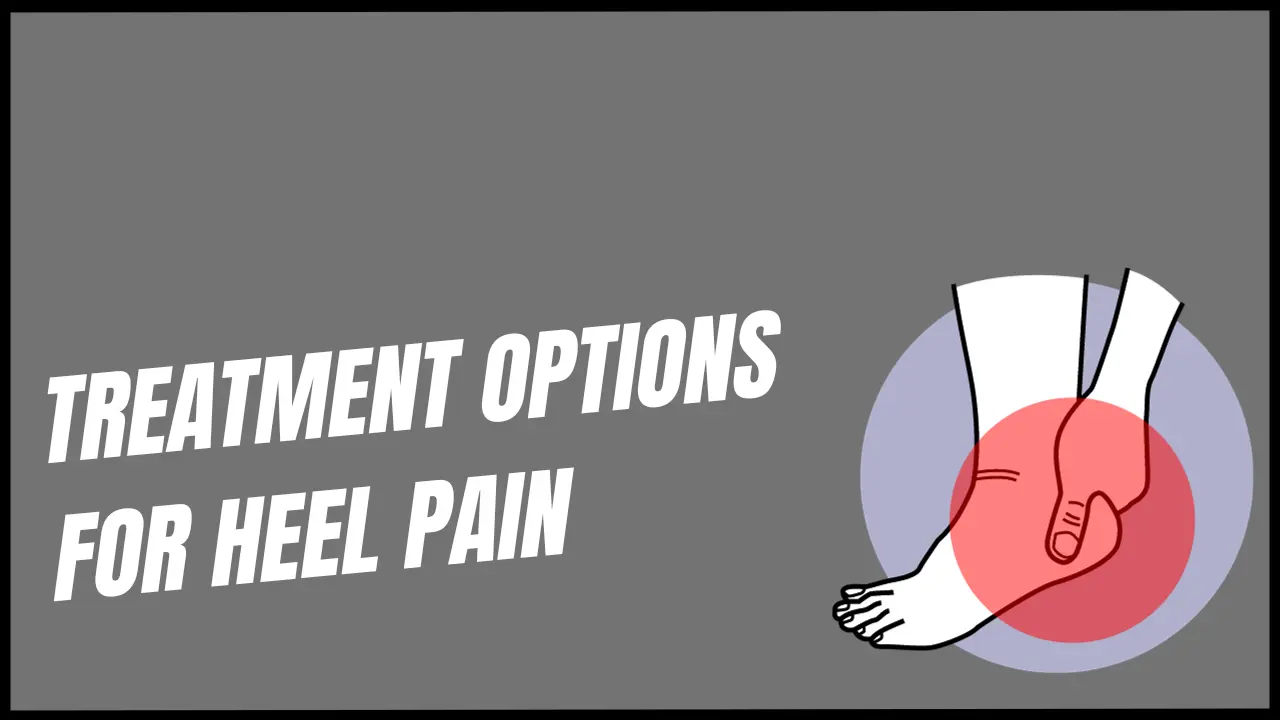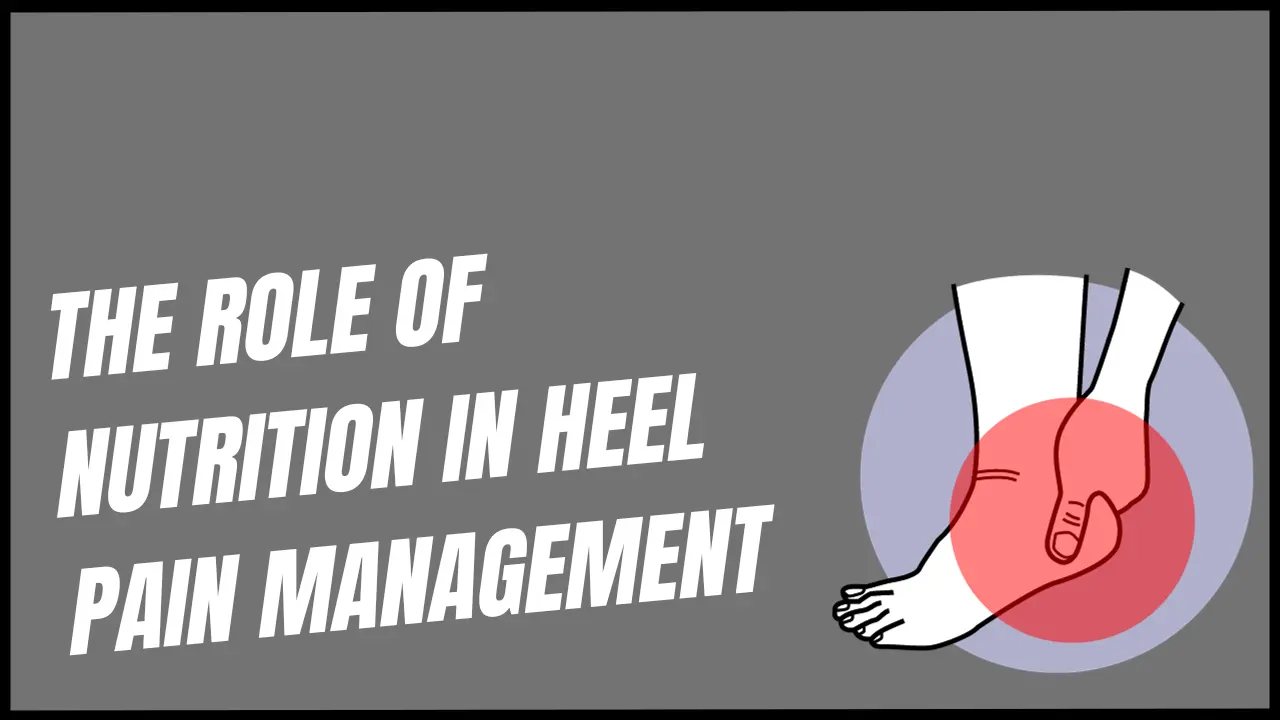Is heel pain: a sign of cancer

- Presentation
- Understanding Heel Pain
- Normal Causes of Heel Pain
- The Relationship Between Heel Pain and Cancer
- Signs and Side effects of CancerRelated Heel Pain
- Diagnosing Heel Pain: When to Look for Medical Attention
- Treatment Choices for Heel Pain
- Counteraction Tips for Heel Pain
- Importance of Regular Checkups
- Living with Constant Heel Pain: Survival techniques
- When to Counsel a Specialist
- The Job of Sustenance in Heel Pain Management
- Steady Footwear: A Vital aspect for Alleviating Heel Pain
- Holistic Approaches to Heel Pain Help
- End
Introduction
Heel pain is a typical ailment that can be caused by various factors. While many cases are attributed to normal issues like plantar fasciitis or abuse, there’s a fundamental worry that often slips by everyone’s notice — could heel pain be a sign of something more serious, similar to cancer?
Understanding Heel Pain
Prior to diving into the potential association between heel pain and cancer, it’s crucial to understand the mechanics of heel pain. The heel is a perplexing construction, and discomfort can arise from various parts, including the heel bone, muscles, ligaments, or other soft tissues.
Normal Causes of Heel Pain
In this part, we’ll investigate the usual suspects with regards to heel pain. From plantar fasciitis to Achilles tendonitis, understanding these normal causes lays the basis for recognizing abnormalities that may allude to a hidden health issue.
The Relationship Between Heel Pain and Cancer
Presently, we should address the inquiry on many personalities — can heel pain be a sign of cancer? This part will investigate medical literature and studies, revealing insight into instances where heel pain was without a doubt connected to a hidden cancer diagnosis.
Signs and Side effects of Cancer Related Heel Pain
Featuring explicit signs and side effects is crucial for early location. Readers will gain bits of knowledge into what distinguishes regular heel pain from side effects that may warrant a visit to the specialist.
Diagnosing Heel Pain: When to Look for Medical Attention
Timing is everything. Knowing when to look for medical attention can be a gamechanger. This part gives rules on when that persistent heel pain ought to presently not be overlooked.
Treatment Choices for Heel Pain
Regardless of whether the heel pain is cancer related, treatment choices are assorted. From conservative measures to advanced medical mediations, we’ll investigate what individuals can anticipate that on their process should help.
Counteraction Tips for Heel Pain
Anticipation is the best medication. Here, we’ll dig into way of life changes and habits that can add to overall foot health, potentially forestalling heel pain and its associated complications.
Importance of Regular Checkups
Regular health checkups are often underestimated. This part emphasizes the job of routine medical examinations in catching potential health issues early on, including those related to heel pain.
Living with Persistent Heel Pain: Adapting Strategies
Persistent heel pain can significantly impact one’s quality of life. This part of the article will give readers survival techniques and way of life adjustments to more readily manage persistent discomfort.
When to Counsel a Specialist

Understanding when to take the following stage and counsel a specialist is pivotal. Readers will gain experiences into the importance of looking for master advice for unsettled heel pain.
The Job of Nourishment in Heel Pain Management
Diet plays a job in overall health, and this incorporates foot health. Investigating the impact of nourishment on heel pain management will give readers holistic bits of knowledge into their prosperity.
Strong Footwear: A Vital aspect for Alleviating Heel Pain
The shoes we wear can make a significant contrast. This segment will direct readers on picking strong footwear as a crucial aspect of heel pain management.
Holistic Approaches to Heel Pain Relief

Past conventional techniques, holistic approaches can supplement traditional treatments. This part of the article will investigate alternative therapies and way of life adjustments that may add to overall help.
Conclusion
Summarizing the central issues discussed, the end supports the importance of taking heel pain genuinely and looking for professional advice when required. It leaves readers with a feeling of strengthening to focus on their foot health.
FAQs
1. Can heel pain really be a sign of cancer?
2. What are the warnings that my heel pain may be related to something more serious?
3. Are there explicit kinds of cancer all the more ordinarily associated with heel pain?
4. How can nourishment impact heel pain, and what would it be advisable for me I remember for my eating routine for better foot health?
5. Is medical procedure the main choice for extreme cases of heel pain?
